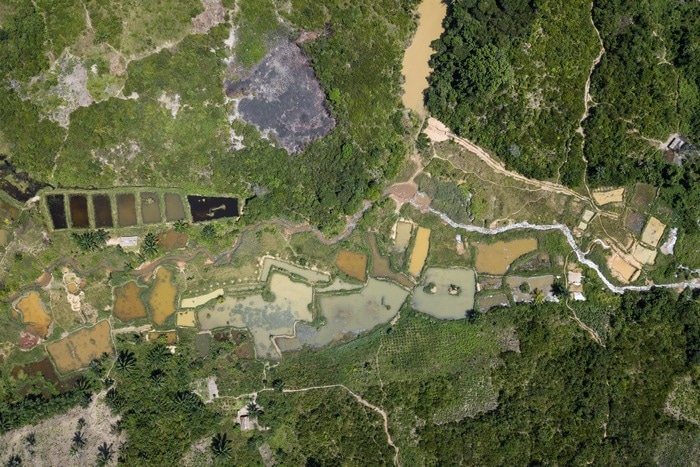The lack of accuracy and transparency in national greenhouse gas emission inventories is limiting climate action, particularly in agriculture and land use.

Landscape in Yangambi, DRC. Image Credit: Axel Fassio/CIFOR-ICRAF
Low- and middle-income countries' (LMICs) inconsistent and poor reporting, uncertainty in reported statistics, and a lack of comprehensive activity data and locally relevant emission factors have all been found to impede effective policy action.
GHG inventories serve as the foundation for accounting and tracking progress toward mitigation objectives, and decision-makers must have access to trustworthy, legible, and consistent data to make informed decisions.
An in-depth study and inventory of reporting difficulties affecting national GHG inventories are provided through an examination of UNFCCC country-reported agricultural greenhouse gas (GHG) data and three independent global databases. The inventories were of high quality and consistency, with the intention of improving data use and assessing progress toward climate change mitigation goals.
The findings reveal a void in LMIC reporting in UNFCCC data, underscoring the need for more uniform reporting procedures, particularly to manage food security and climate change adaptation and mitigation. As a result, policymakers and decision-makers should use non-UNFCCC emissions databases to triangulate UNFCCC data for emissions-related choices.
Other analyses show a general lack of quality in UNFCCC reporting. UNFCCC-reported data should be the most official, but it’s often the most incomplete and is sometimes illegible. We identified specific areas to improve consistency.
Kyle Dittmer, Study Lead Author, The International Center for Tropical Agriculture
Mistakes and a lack of reporting numbers, variable global warming potentials, and legibility are some of the factors that influenced the quality of countries’ reports.
The authors make suggestions on how inventories can be improved to drive progress toward goals rather than restricting actions.
Developed nations must intensify their technical and financial support to LMICs to create and maintain institutional capacity, tools, and training for preparing accurate and transparent national GHG inventories.
Kyle Dittmer, Study Lead Author, The International Center for Tropical Agriculture
The developed nations cannot continue to fall short of their climate–finance commitments. Ambitious financial and technical assistance for LMICs is required to meet affluent nations’ commitments under the Paris Agreement so that decision-makers may reliably track progress, define mitigation priorities, and regulate emissions.
Journal Reference
Dittmer, K. M., et al. (2023) How good is the data for tracking countries’ agricultural greenhouse gas emissions? Making use of multiple national greenhouse gas inventories. Frontiers in Sustainable Food Systems. doi.org/10.3389/fsufs.2023.1156822.